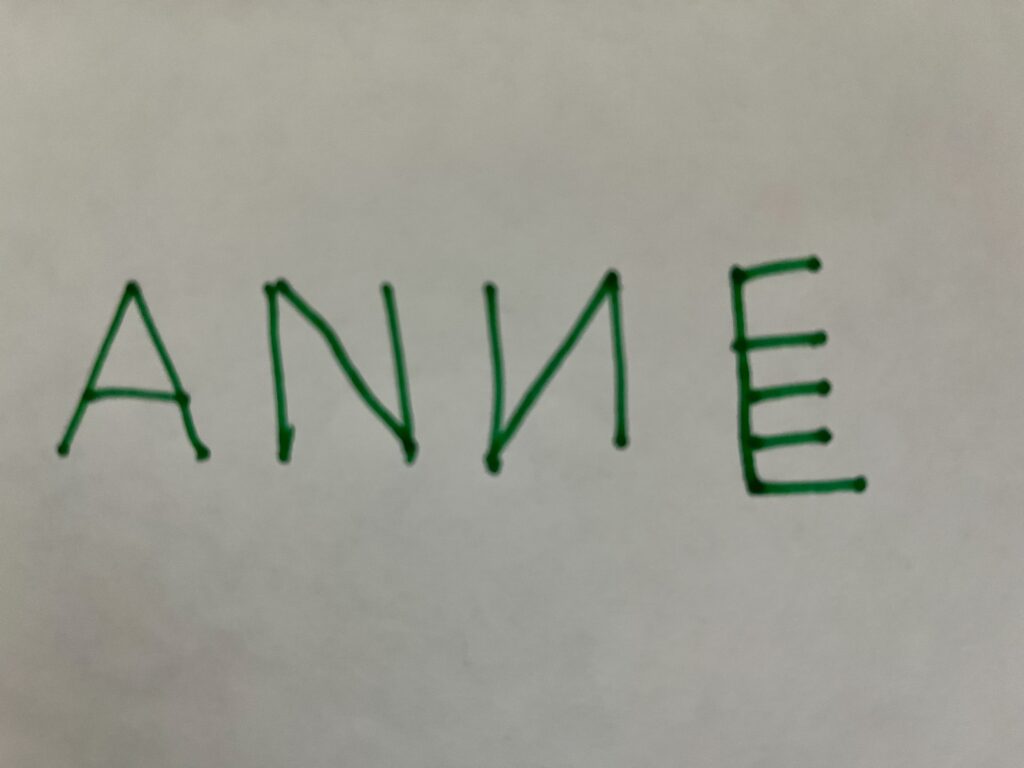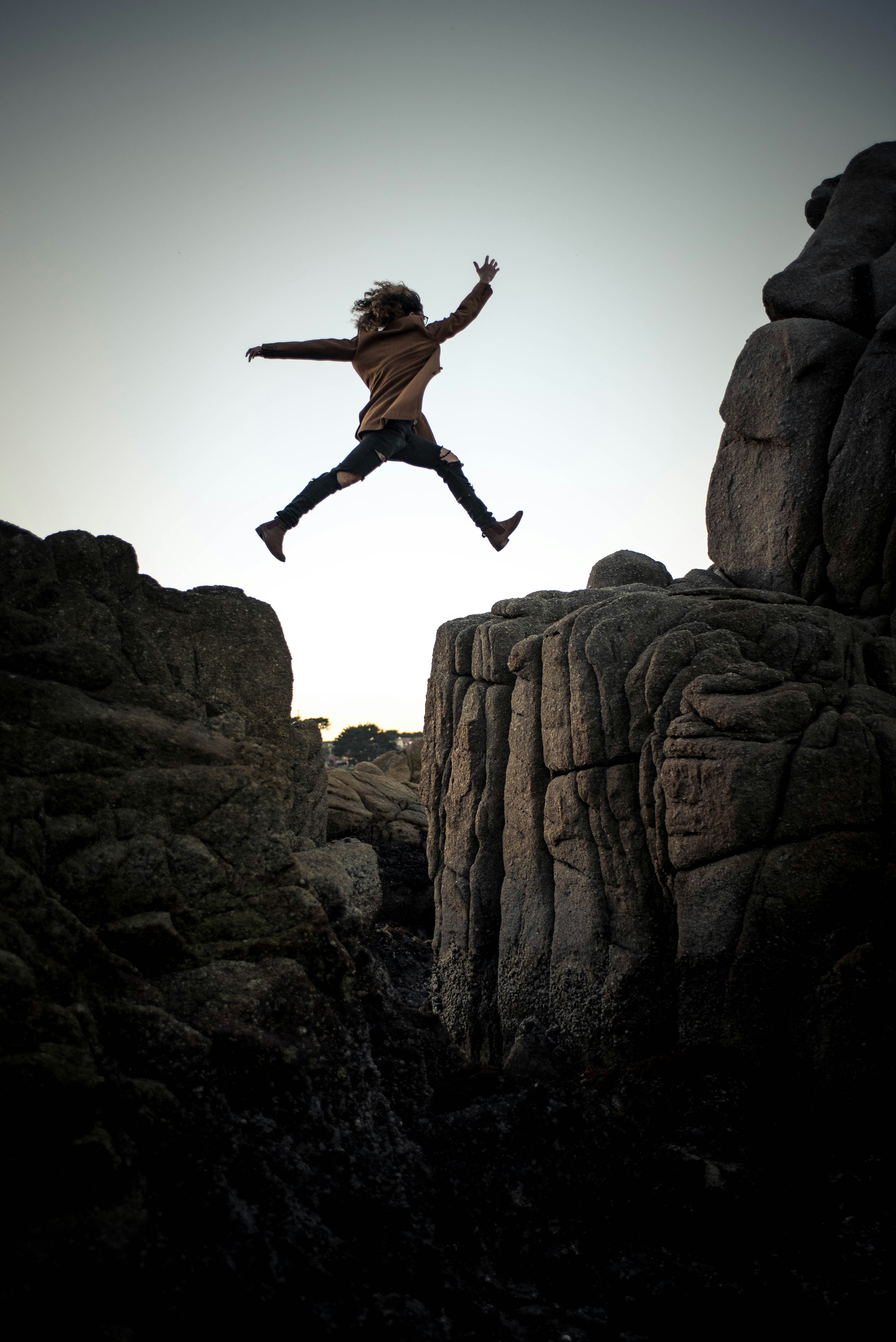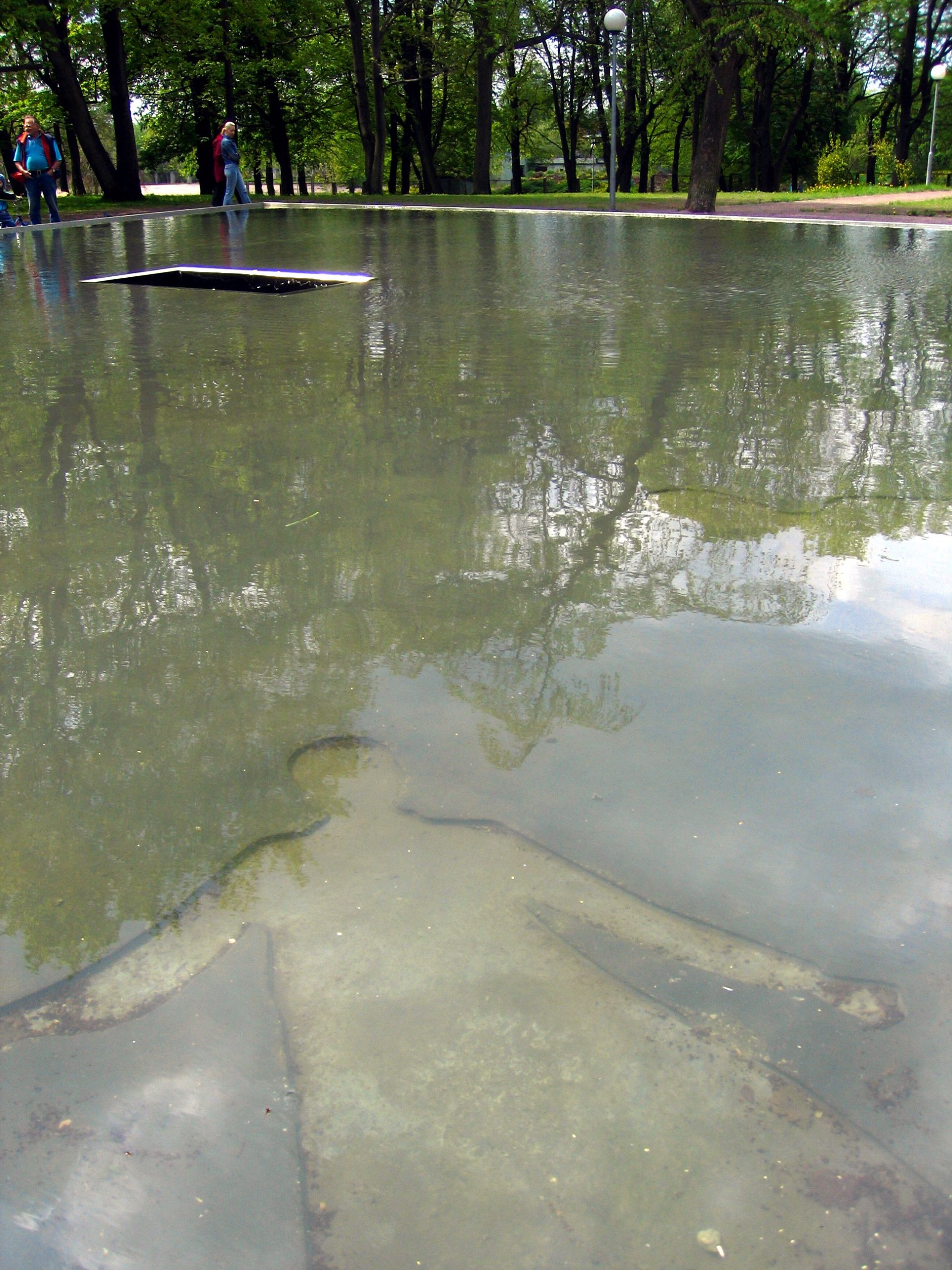From our prompts, I found myself thinking about one of my favorite teachers. I thought my first favorite teacher would probably have a lot to do with discovering the fun of learning – and I was enthusiastic about learning right from the start. So, Mrs. Salter, my third grade teacher, came to mind, who introduced me to Brighty of the Grand Canyon, (whose shiny nose I have now seen and touched on the North Rim of the Grand Canyon – shiny because of all of the little kids and grown kids who have touched the wonderful nose that Marguerite Henry brought to life for so many) and Misty of Chincoteague Island, another of the many Henry books. But then I realized, I started with books much earlier than that, and I really should give credit to someone who taught me, but was not considered my teacher – my father’s roommate from college – Jim Jensen, who ultimately became a college professor in English.
I always enjoyed having Jim visit. He drove a Karmann Ghia, which I thought was very exotic, and to an extent, still do. Every time he came to our house and visited my parents, both of whom he knew from high school, if not earlier, he always brought me a book as a present. Nothing fancy but a Golden Book of some sort, and I ended up putting my name in all of my books even though I technically did not know how to write yet. I always started with the verticals and the slants and horizontal lines were added more creatively.
Yup, looking below, I knew I’d get mixed up from the first to the second N but after I had done it, I’d know it was wrong. Somehow, I couldn’t cross the vertical lines correctly twice in a row. I had no control or memory of how to do it at that age. And then the E had several lines across it, going down, but I never knew quite how many. More than two, but, in this example, obviously five was too many.

Anyway, Jim got to sleep on an air mattress in our attic, which I also thought was very exotic. I also noticed that when I looked at the air mattress in the morning it no longer had any air in it – so thinking back, it was probably the worst possible “bed” for comfort and little more than sleeping on the floor.
Learning What to and Not to Do
It wasn’t until I moved to Arizona that I heard the word Lifelong Learner, but knew that I was one, but had never heard the expression. It was something that I suggest to all of my students. You are not just learning in this class. You are always learning, and you will learn from every job or opportunity you have whether or not you like that job – so pay attention. Coming from so many different jobs over the years, retail sales, draftsman, receptionist, manager, editor, teacher, word processor, musician, and writer, among other jobs that I don’t even remember – I did know one thing – food service would be a disaster – so I never attempted that. The important thing was that I always paid attention, even if it meant that I would learn not to do something in a particular way because it didn’t make sense to do it the way “they” were doing it.
Favorite Authors
I appreciate some of our 6×6 authors mentioning Ray Bradbury. I went through as much of his stuff as I could find when I was younger, and loved being reminded of that journey, including “Fahrenheit 451,” among others. I’ve tried to read everyone’s work in 6×6 this spring because I’ve felt in previous years people weren’t trying to read each other’s works. I decided to make sure that I did. It’s the spirit of the thing.
I’ve mentioned a few of my favorite current authors, Louise Penny, a Canadian author, who created a wonderful arc between a number of books, to tell a much larger story, Mick Herron, of Slough Horses or Slough House fame, I’ve read even more arcs from his books, and the way he can create an introduction using a spirit is beyond inspirational. If I could write a book, I’d like to write like he writes, but I don’t think I have the talent. He also has short stories that are part of that very large arc, so I really have to pay attention when I read him because he uses so many word references to the back story of characters. My favorite line of his was when an individual was trying to dial a phone in an emergency and he created this beautiful play on words, “his fingers felt like thumbs, his thumbs like bananas.” Who hasn’t been there! Malcolm Gladwell can tell you why we can be “all thumbs” when the going gets tough – it’s psychological! John Camp (I mentioned his pen name in a different writing, but his Pulitzer is under this name), from the St. Paul Pioneer Press, whose works I simply devour – I can’t put them down. I have to re-read them later because I try to read to go to sleep, but find myself still reading at 3 a.m.! I’ve read ALL of his books. Michael Connelly is another fabulous writer. I started with the Bosch books, and have since read all of his books twice. That got me through a broken shoulder where I was in bed for the better part of three months.
I no longer put my name on the inside of books, written correctly or not, and most of what I now read is in a Kindle because my hands and neck can’t tolerate holding large books anymore. We all make adjustments; some are just to allow us to continue reading more and more from those that first introduced us to the excitement of books and learning and where authors can take us on their journeys – Berlin, London, Toronto, Brittany – and I didn’t even mention that French author, or the English one, that put Provence on everyone’s map!














